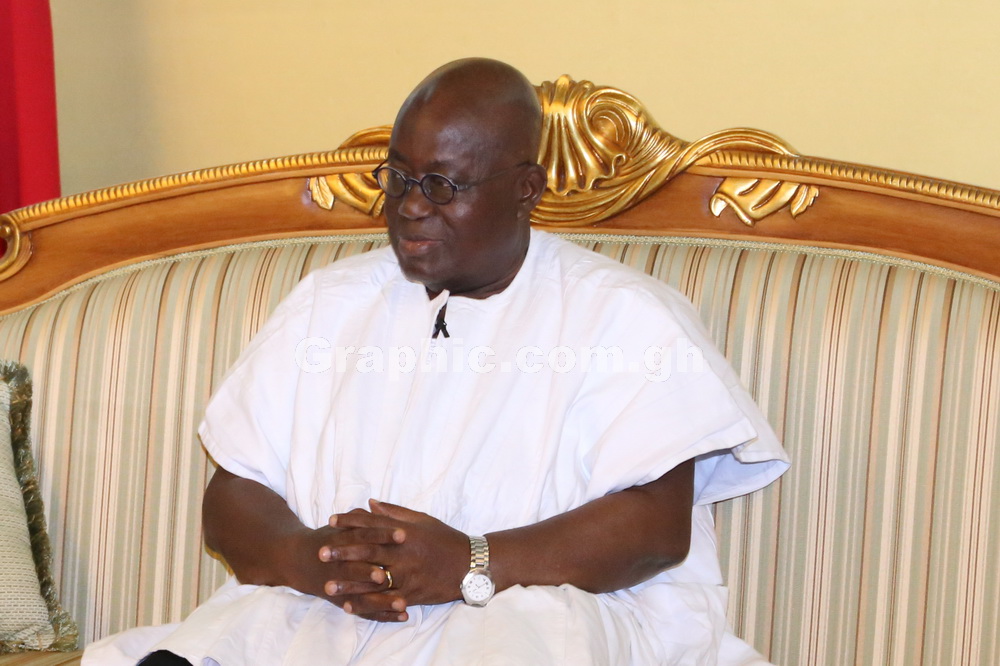
Is gov’t diluting Nkrumah’s heritage?
Ghana may soon have another holiday to its list of holidays. This was made known by courtesy of a statement from the Presidency of the Republic of Ghana.
Advertisement
The statement indicated that “successive generations of Ghanaians made vital contributions to the liberation of our country from imperialism and colonialism.”
The statement went on to say that “the most appropriate way to honour them is to commemorate the day on which the two most significant events in our colonial political history.”
August 4. That will be the new date. This was the date on which the Aborigines Rights Protection Society (ARPS) was formed in Cape Coast. The statement concludes by saying that August 4 is obviously “the most appropriate day to signify our recognition and appreciation of the collective efforts of our own forebears towards the founding of a free, independent Ghana.”
August 4, as and when it is accepted, will become known as the founders’ day. September 21, which has been known as the founder’s day will now become known as the Nkrumah Memorial Day.
Obviously persons who trace their roots and origin from the Nkrumaist stock are dismayed. They are worried that the heritage and role of Nkrumah in Ghana’s political history is being watered down. Then there are those who are gleefully waiting on the side-lines for August 4.
But should we care? For starters, I am not one of those who think we have too much holidays in this country. One can never have enough rest. And holidays for that matter.
Besides, there is little correlation between being present for work and being productive. I love holidays and would gladly mark it on my calendar when the proposal finally goes through.
The introduction of August 4 is hardly surprising. Remember the first speech delivered by the President. His inauguration speech. It was clear in there that there was an intention to dim the focus on Kwame Nkrumah (the country’s first president) and place the spotlight on the leading members of the Busia-Danquah-Dombo tradition.
The President noted: “We are the heirs of John Mensah Sarbah, Joseph Casely Hayford, George Pa Grant, R.S. Blay, Joseph Boakye Danquah, Emmanuel Obetsebi Lamptey, Edward Akufo-Addo, William Ofori-Atta, Cobbina Kesse, Ernest Ako Adjei, Kwame Nkrumah, Komla Agbeli Gbedema, Kojo Botsio, S.D. Dombo, Kofi Abrefa Busia, Baffuor Osei Akoto and others, who taught us that fidelity to principles, courage, patience, resilience and collective action do yield results.”
Then remember the sporadic debates that springs up every now and then in September regarding the founding of this nation.
The New Patriotic Party (NPP) has always been clear. They have never accepted Nkrumah as the founder of Ghana. For them, the description of Nkrumah as the founder of Ghana runs counter to all that they have been socialised to think and believe. They believe the list is wider. And ,therefore, their attempt to dilute the pride of place that Nkrumah has.
All through history, it is a fact that nothing is achieved by just one person. Anything that is achieved is more likely than not to be the product of the collective struggle of a number of people. But at the end of the day, every initiative has a leader. Every movement has a leader. There is nothing that has been achieved on the face of the earth without a clear identifiable leader. It is true all men are equal. But it is equally true that not all men contribute equally towards the wellbeing and advancement of society.
Nkrumah with all his faults and frankly speaking foolishness (at some point in time) made Ghana a respectable modern nation. He was the face of our independence struggle. He was the face of our independence. He was the face of our statehood.
Acknowledging Nkrumah as founder of Ghana does not in anyway minimise the role played by others in the lead to independence.
The word “founder” has a specific meaning. According to the Oxford Advanced Learner’s Dictionary, a founder is defined as the “person who starts an organisation, institution or causes something to be built.”
So a founder may possibly be a figure head or someone who was actively involved in the establishment of something. Not everyone has to be a founder. You cannot establish something you were not a part of. You cannot be a founder of something that you were part of at the onset and for one reason or the other did not see it through. It is true a case can be made for recognising such persons. But definitely not as founders.
When we for instance say Ghandi is the founder of modern day India, no one can possibly argue that he was the only one who fought for the independence of India.
A word must have meaning. We cannot twist and turn the meaning of the word just to serve our own political ends. But for Nkrumah, there would have been nothing like Ghana. It is a historical fact. He deserves to be founder.
If the government intends to recognise the efforts of others, that is fine. August 4 could be called remembrance day for those who deservingly struggled to make the country what it is now.
politics_today @yahoo.com



